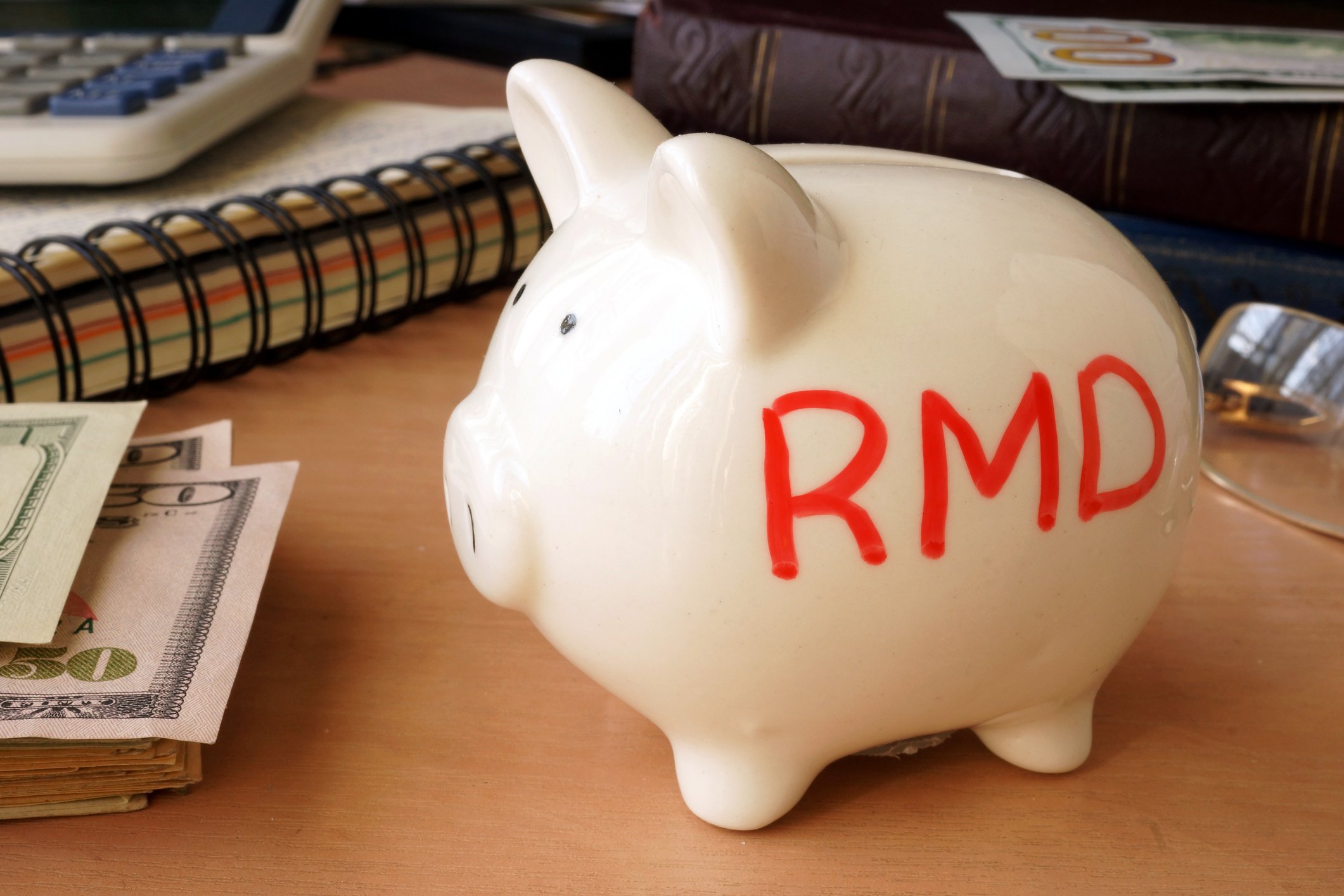Your golden years can be incredibly expensive, and depending on what type of lifestyle you live and how many years you spend in retirement, it's not unheard of to spend more than $1 million over the rest of your life.
Yet new research shows that the vast majority of retirees don't rely on their savings to get through retirement. There's a reason for that, but before you quit saving, keep in mind that this type of strategy won't work for everyone.

Image source: Getty Images
How do older Americans pay for retirement?
For most people, retirement income comes from multiple sources. You'll have Social Security benefits and possibly a pension, and you could still be working part-time. In general, though, any additional income in retirement will need to come from your savings.
However, only 5% of retirees say their primary source of retirement income is their personal savings from a 401(k) or IRA, according to a recent survey from Wells Fargo. The bulk of retirees (64%) say they rely on Social Security benefits to get by, and 22% depend primarily on a pension plan.
That may sound like good news, particularly if you're nearing retirement age and your savings are sparse. But it's not as promising as it may seem.
First, fewer of today's workers have access to pensions -- just 19% of baby boomers and 14% of Generation X workers expect to rely on a pension as a primary income source in retirement, according to Wells Fargo. If you won't receive any money from a pension in retirement, that may mean your income sources include just Social Security and your personal savings.
But depending too much on Social Security isn't an ideal retirement plan, either. For one, the average benefit amount is just $1,471 per month, which may not be enough for some households to survive on. Also, the Social Security program is currently on shaky ground. The good news is that contrary to popular belief, the program is not on the verge of collapse -- as long as workers continue paying taxes, there will always be at least some money that can be paid out as benefits. The bad news, though, is that the program is facing a cash shortage, so in the next few decades, the Social Security Administration may need to reduce benefits.
So although current retirees may be able to survive on pension plans and Social Security benefits, future retirees may not have the same advantages. Fortunately, there are a few ways you can better prepare yourself for retirement.
Creating a retirement strategy that stands the test of time
To be able to retire comfortably, you'll need a strategy. Part of that strategy involves beefing up your retirement fund, but it's also important to maximize all the resources you have.
For example, although you may not be able to survive primarily on Social Security benefits, that doesn't mean you can't make the most of them. You'll receive your full benefit amount by waiting to claim until your full retirement age (FRA), which is either age 66, 67, or somewhere in between. But if you wait until after your FRA to claim (up until age 70), you'll receive more money each month for the rest of your life. This can be a useful strategy if your savings are slim and you expect to spend several decades in retirement, and it can also provide some protection in the event that benefits are cut in the future.
Another retirement strategy involves withdrawing your money carefully so that it lasts as long as possible. It can be tempting to overspend during your first few years of retirement, traveling and checking off as many bucket-list activities as you can. But if you break the bank in the early years of retirement, you risk running out of money later down the road. That's why it's important to pace yourself, setting a spending limit each year so that you can stretch every dollar.
Finally, boosting your savings as much as possible before you retire can help you prepare for any financial obstacles you encounter (like Social Security cuts). You may need to make some adjustments in your budget to save more, and remember that if you're not willing to make sacrifices now, you'll likely need to make sacrifices in retirement if your savings aren't up to par. It may be tough to increase your savings, but it can result in a far more comfortable retirement.
Although many current retirees can get by on a pension or Social Security alone, that's not the case for everyone. Retirement is more costly than you may think, and you'll need a strong nest egg to ensure you're as prepared for it as possible.





